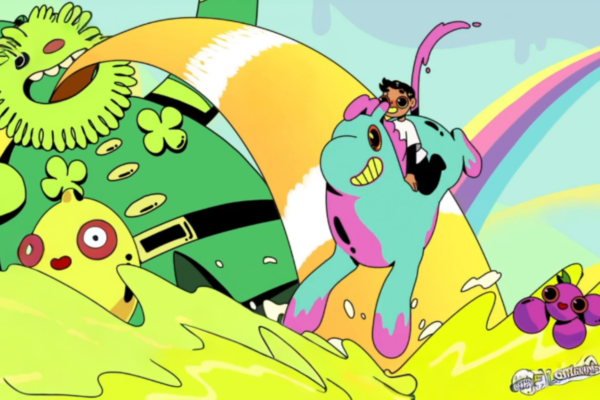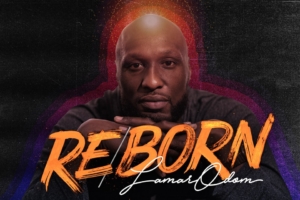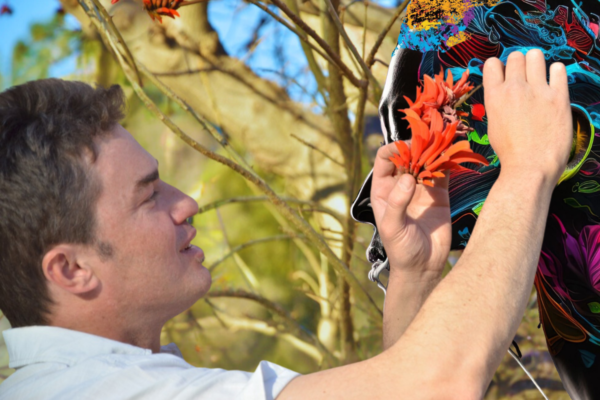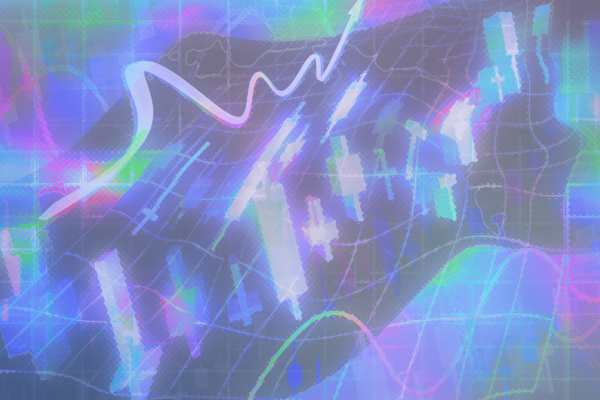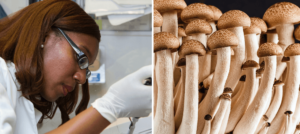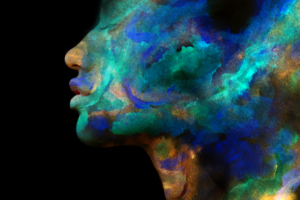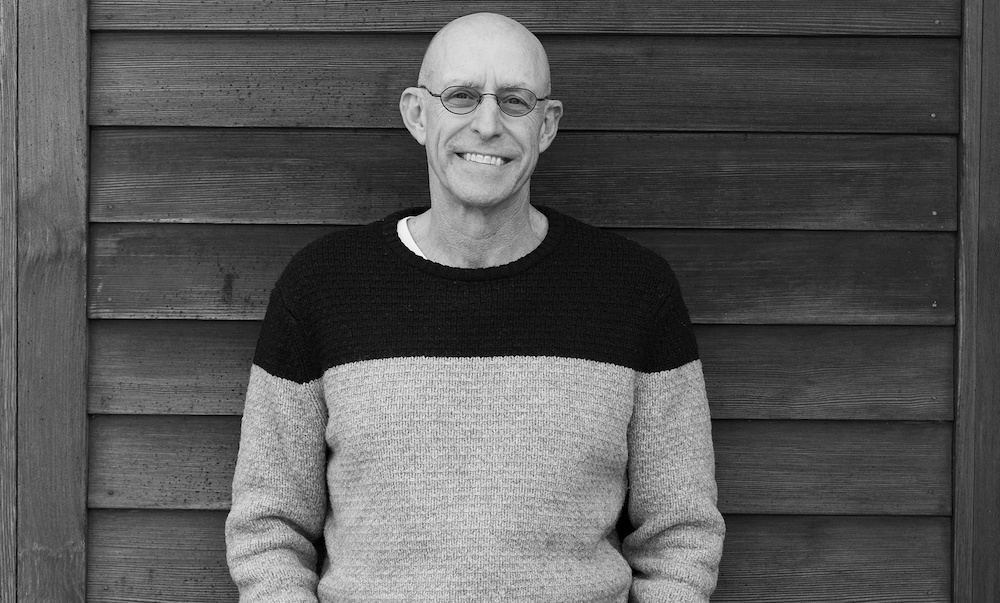
Michael Pollan is back on book store shelves this week with This Is Your Mind on Plants, his latest deep dive into consciousness, this time exploring the history and effects of psychedelic drug mescaline. During the bestselling author’s promotional media blitz, he was asked an interesting question that may very well be on a lot of parents’ minds as our culture’s psychedelic renaissance continues.
“If you were raising kids now, how would you talk to them about drug use? How should we change our cultural conversation around this?” asked GQ writer Clap Skipper in an interview published Wednesday.
With psychedelic documentaries streaming on Netflix, popular podcasts, celebrity endorsements, YouTube videos and news articles exploring the subject becoming increasingly common, it’s a safe bet to assume kids are aware of these drugs. If parents need advice on how to broach the subject, Pollan is one of the most credible voices in the psychedelic community. The UC Berkeley professor’s 2018 New York Times bestseller How to Change Your Mind: What New Science of Psychedelics Teaches Us About Consciousness, Dying, Addiction, Depression, and Transcendence has become the new standard of literature on the subject, earning him a swath of media, television, and documentary appearances to lend his expertise. In 2017, he co-founded the UC Berkeley Center for the Science of Psychedelics, researching psychoactive substances’ effect on cognition, perception and emotion and their biological bases in the human brain.
“It’s a complicated conversation,” Pollan says. “But we can begin to talk to children about drugs in a very different way than they’re learning in school. These are powerful tools, they need to be treated with respect—even a certain reverence—and that they need to be used in very specific ways. Not for thrills, not merely for sensation, but with some intention, and with some care.”
“You want to guard against reckless use of drugs, which is a real thing. Drugs can get people into serious trouble if they’re used improperly,” he continued. “But they’re a part of human life. All cultures, as far as we know, have used plants and fungi to change consciousness. The desire is as innate as the desire for sex or food or all the other big drives.”
Michael Pollan explores use of mescaline for healing within Native American communities in his new book, and told GQ that the Native American Church actually administers small amounts of peyote to children. He even met a church member who was getting peyote in the uterus, “with no harm done.”
“There’s some reason for kids to wait,” he says. “You don’t want to mess around with stopping or dissolving your ego until you have a fully formed ego.”
Appropriate minimum age for this kind of experience will no doubt become a major discussion and debate as scientific, medical, and psychological professionals embrace psychedelics as a viable therapeutic treatment for a host of mental health issues. For Pollan, that age recommendation boils down to brain development.
“With alcohol, we basically urge them to wait until they’ve reached a certain age. There is some virtue in that,” he says. “Before the brain and the ego are completely formed, it may be wise to stay away from psychoactives.”
